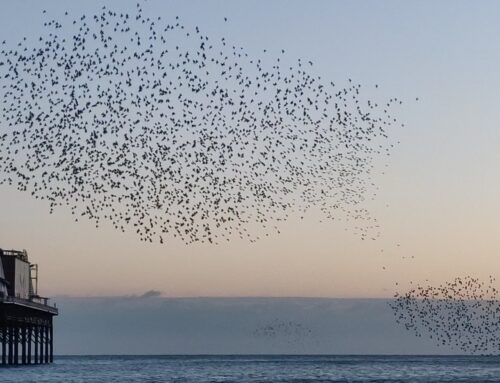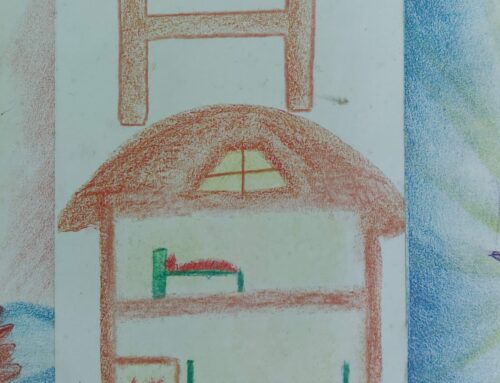A few years ago my sister gave me Eckhart Tolle’s A New Earth. I started reading it, thought it was pretty interesting, and got about half way through.
About a week ago, his name having come up again in a number of important conversations, I picked it up again. This time I couldn’t put the book down. If I were to go against the rule I set myself in the last post, I’d make some trite comment that sometimes things arrive at a time when you can’t really process them, and sometimes they come when you can. It would make a neat end to an extremely boring post. Instead, I’m going to copy a few lines from A New Earth. Out of context they might not make much sense – in fact it’s very likely they won’t. But they are lines which make a lot of sense to me.
‘The ego’s greatest enemy of all is, of course, the present moment, which is to say, life itself.’
‘Most egos have conflicting wants. They want different things at different times or may not even know what they want except that they don’t want what is: the present moment. Unease, restlessness, boredom, anxiety, dissatisfaction, are the result of unfulfilled wanting. Wanting is structural, so no amount of content can provide lasting fulfilment as long as that mental structure remains in place.’
‘What is commonly called “falling in love” is in most cases an intensification of egoic wanting and needing. You become addicted to another person, or rather to your image of that person. It has nothing to do with true love, which contains no wanting whatsoever.’
‘”If you think you are so enlightened,” Ram Dass said, “go and spend a week with your parents.” That is good advice. The relationship with your parents is not only the primordial relationship that sets the tone for all subsequent relationships, it is also a good test for your degree of Presence.’
‘The ego says “I shouldn’t have to suffer,” and that thought makes you suffer so much more. It is a distortion of the truth, which is always paradoxical. The truth is that you need to say yes to suffering before you can transcend it.’
And my favourite part of the whole book, in the last pages, where he talks about those who live on the margins and in earlier times would have been called contemplatives. These people, Tolle says ‘have a role which is just as vital as that of the creators, the doers, the reformers. Their function is to anchor the frequency of the new consciousness on this planet. I call them the frequency holders. They are here to generate consciousness through the activities of daily life, through their interactions with others as well as through “just being”.’
Nice.




